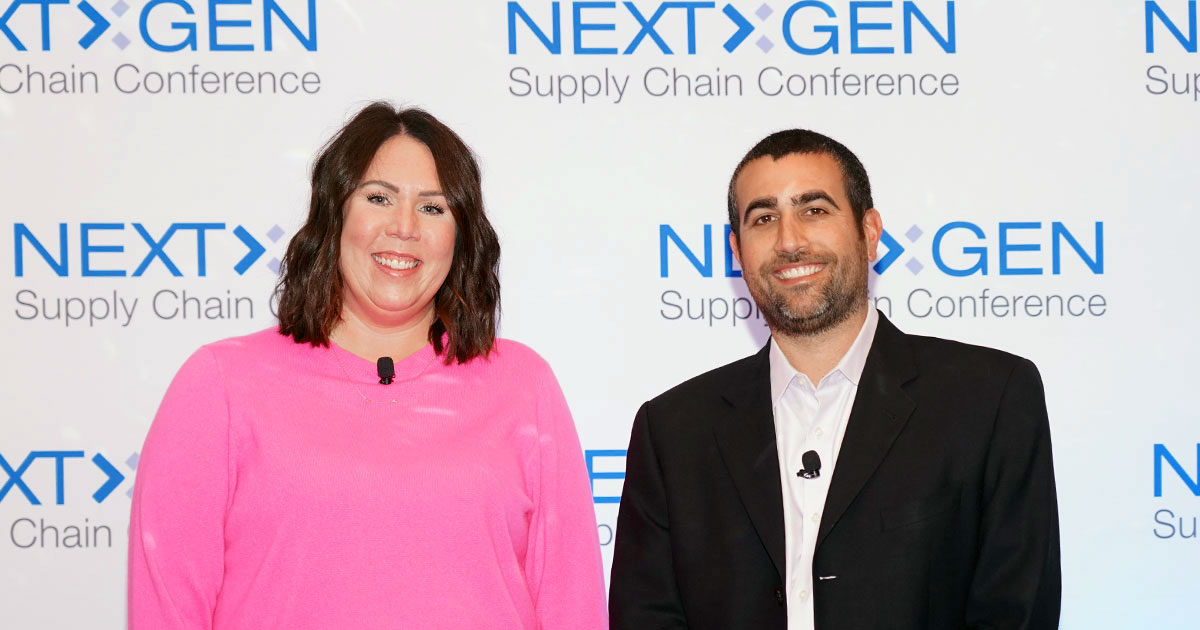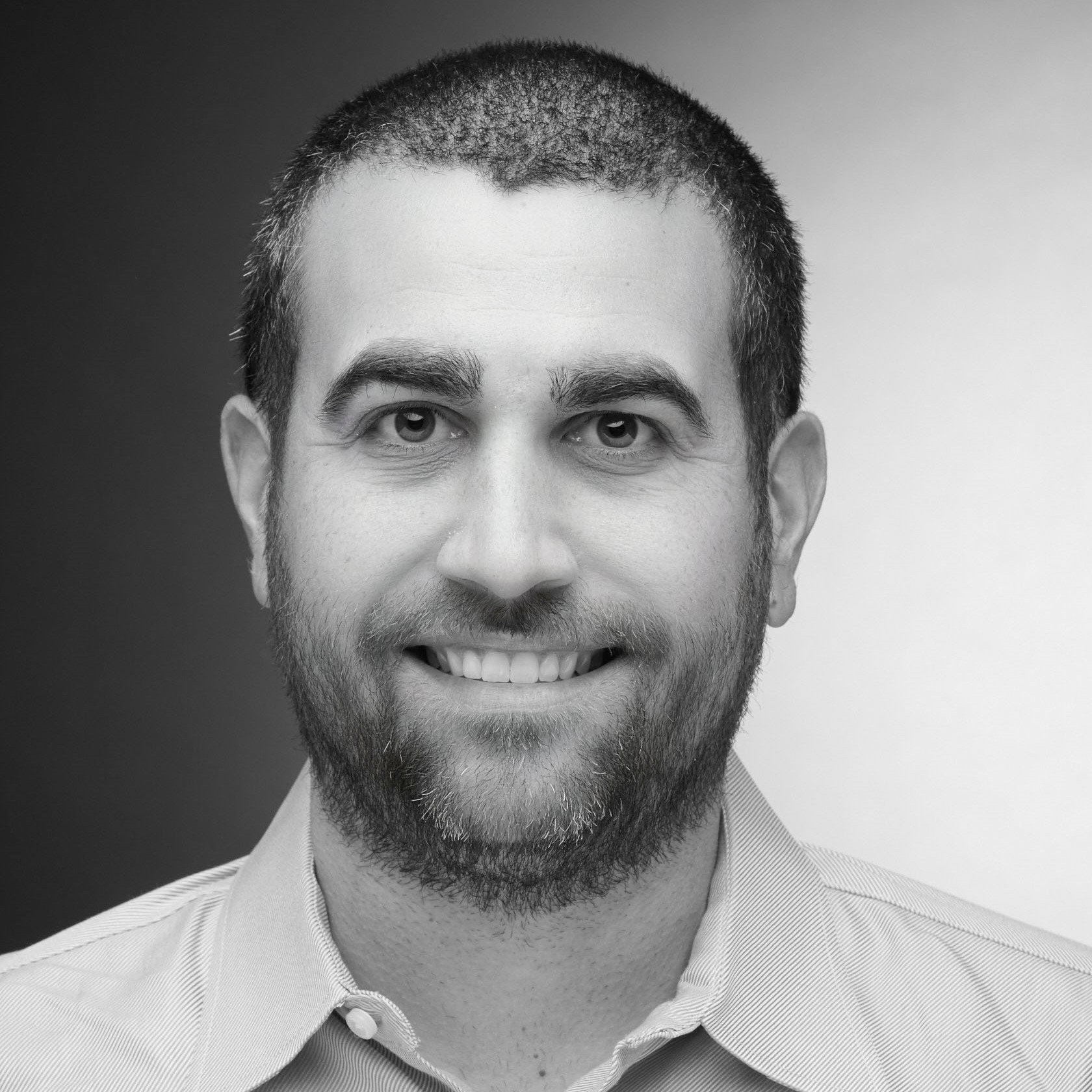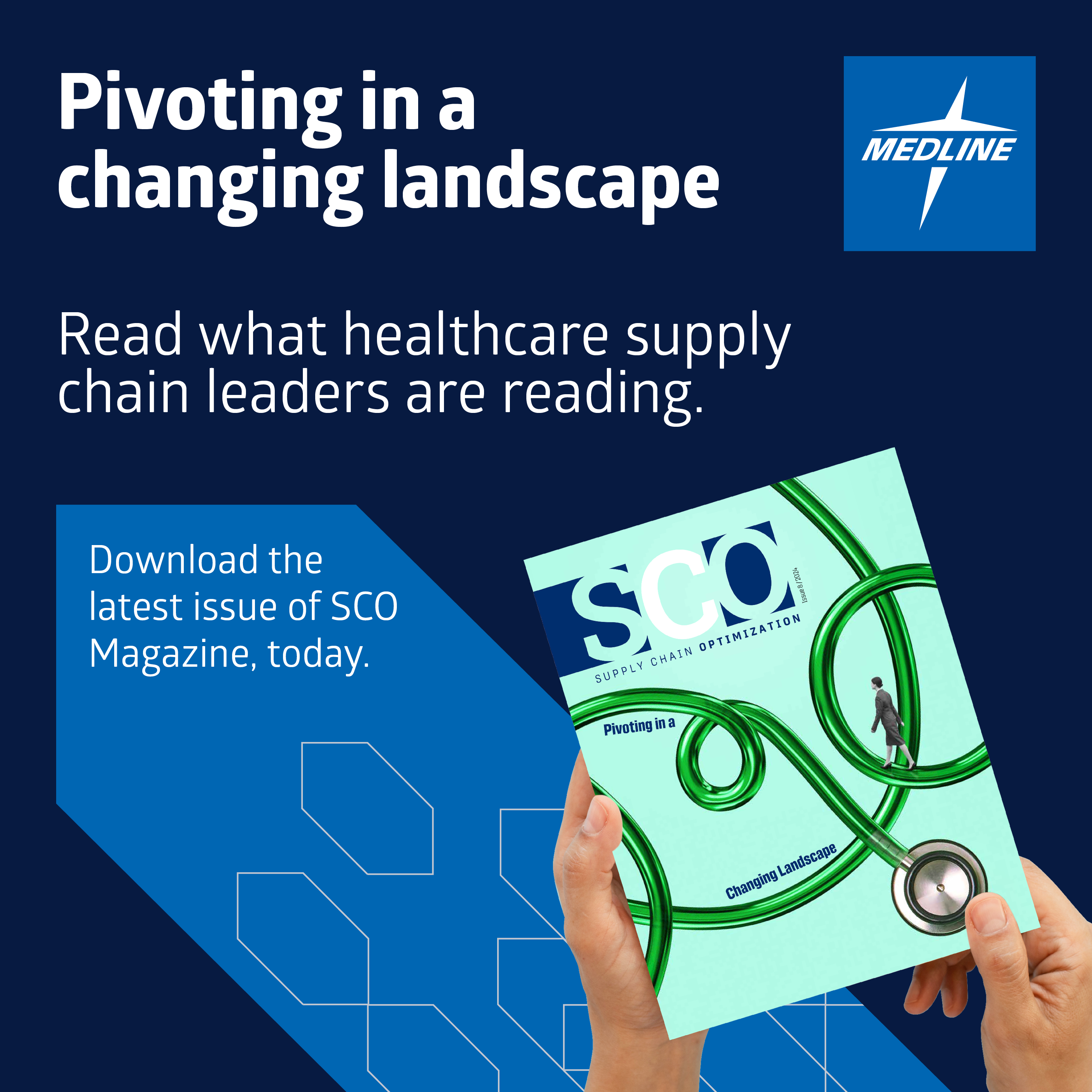Building a resilient healthcare supply chain

By Medline Newsroom Staff | October 25, 2023
In 2018, Medline –then a $10 billion medical supply manufacturer and distributor— embarked on a national capital expenditure campaign that included investing in new distribution centers, manufacturing capabilities and systems upgrades, dubbed the Medline Healthcare Resilience Initiative (HRI).
The company committed over $2 billion to building and upgrading facilities, digital and automation – setting the bar amid an industry historically slower to adopt technology and automation to improve supply chain processes. Medline added another $500 million to HRI in 2022 to shore up on-hand inventory.
Since then, HRI has positively impacted Medline’s supply chain operations, created thousands of jobs and allowed Medline to double-down on automation in nine new distribution centers and 150+ manufacturing expansion projects. In 2023, Medline hit $21.2 billion in revenue, as HRI continues to help the company further its commitment to delivering superior customer service and keeping its supply chain promises.
“During the pandemic, Medline found itself leveraging our resources—our technology, our automation and people—in new ways.”

Kate Slattery
Medline Vice President of Real Estate and Construction
Medline’s Kate Slattery, vice president of real estate and construction, and Daniel Schwartz, vice president of engineering, were recently invited to present at the 2023 NextGen Supply Chain Conference to share how Medline’s supply chain operations – built around customer collaboration, integration, and automation — informed HRI priorities and continues to help drive Medline’s growth.
HRI Drivers
Slattery highlighted four shifts in the healthcare landscape that Medline identified pre-pandemic to drive HRI objectives and execution:
- Health systems are consolidating over brand, trade and geography
- Non-revenue generating spaces are being eliminated; storage space is being deprioritized to make room for more beds
- Points of care are moving from hospitals to alternative settings, such as physician offices, ambulatory care centers and healing at home – fundamentally changing what customers need from their prime vendor partners
- Supply chain teams are now working in lockstep with clinicians
“As in other industries, COVID-19 amplified the importance of HRI to Medline’s business plan,” said Slattery. “During the pandemic, Medline found itself leveraging our resources—our technology, our automation and people—in new ways.
“The call to be better, faster and more resilient went beyond Medline’s own network, encompassing customer networks and driving the nation’s healthcare supply chain overall.”
Deploying the right technology
Schwartz said Medline has been strategic and pragmatic when implementing new technology and upgrading operational systems and processes, while boldly seeking to automate when there is an advantage for customers.
For example, one of Medline’s differentiators has always been its ability to serve the entire continuum of healthcare. Medline partners with health providers in every care setting required throughout a person’s lifespan—starting at birth, typically in an acute hospital setting; to regular physician office, urgent care and surgery center visits throughout a patient’s life; to homecare services and more.
“Owning our own transportation and logistics is critical for supply chain efficiency and resiliency.”

Daniel Schwartz
Medline Vice President, Engineering
“Delivering to the full continuum of care informs our automation designs as we need to consider the distinct value adds of each part of the business,” said Schwartz. “Most of our technology has focused on low unit of measure processing, with tremendous growth in that area as we continue to provide one-day deliveries for the majority of our customers.”
To address the LUM need, Medline secured a strategic partnership with Swisslog for AutoStoreTM— cutting-edge automated storage and retrieval – for goods-to-person, less-than-case picking and other automated solutions. Medline was the first AutoStore user in the U.S., and is currently the largest user in the world with 19 systems and over 1,600 robots. The Medline team is actively working to install more systems, including AutoStore’s 5th generation design that will incorporate packing automation, at select Medline distribution centers.
Schwartz also discussed some of the other automation that allows Medline to more safely, and with increased quality and productivity, fulfill health provider demand, including, but not limited to: Print and Apply, T-Sort, autonomous vehicles, robotic picking, RFID, and in-cab technology utilized by MedTrans, Medline’s dedicated fleet of 1,700+ parcel, straight and tractor trucks.
“Owning our own transportation and logistics is critical for supply chain efficiency and resiliency,” said Schwartz.
Customer Collaboration
Slattery and Schwartz concluded the presentation with examples of innovative supply chain customer collaborations, such as the co-development of a consolidated service center with AdventHealth, opening in Q1 2024; and 3PL warehouse and logistical solution projects with the University of Texas Medical Branch, Franciscan Alliance and Mass General Brigham.
Learn more about Medline’s supply chain capabilities.
Medline Newsroom Staff
Medline Newsroom Staff
Medline's newsroom staff researches and reports on the latest news and trends in healthcare.
